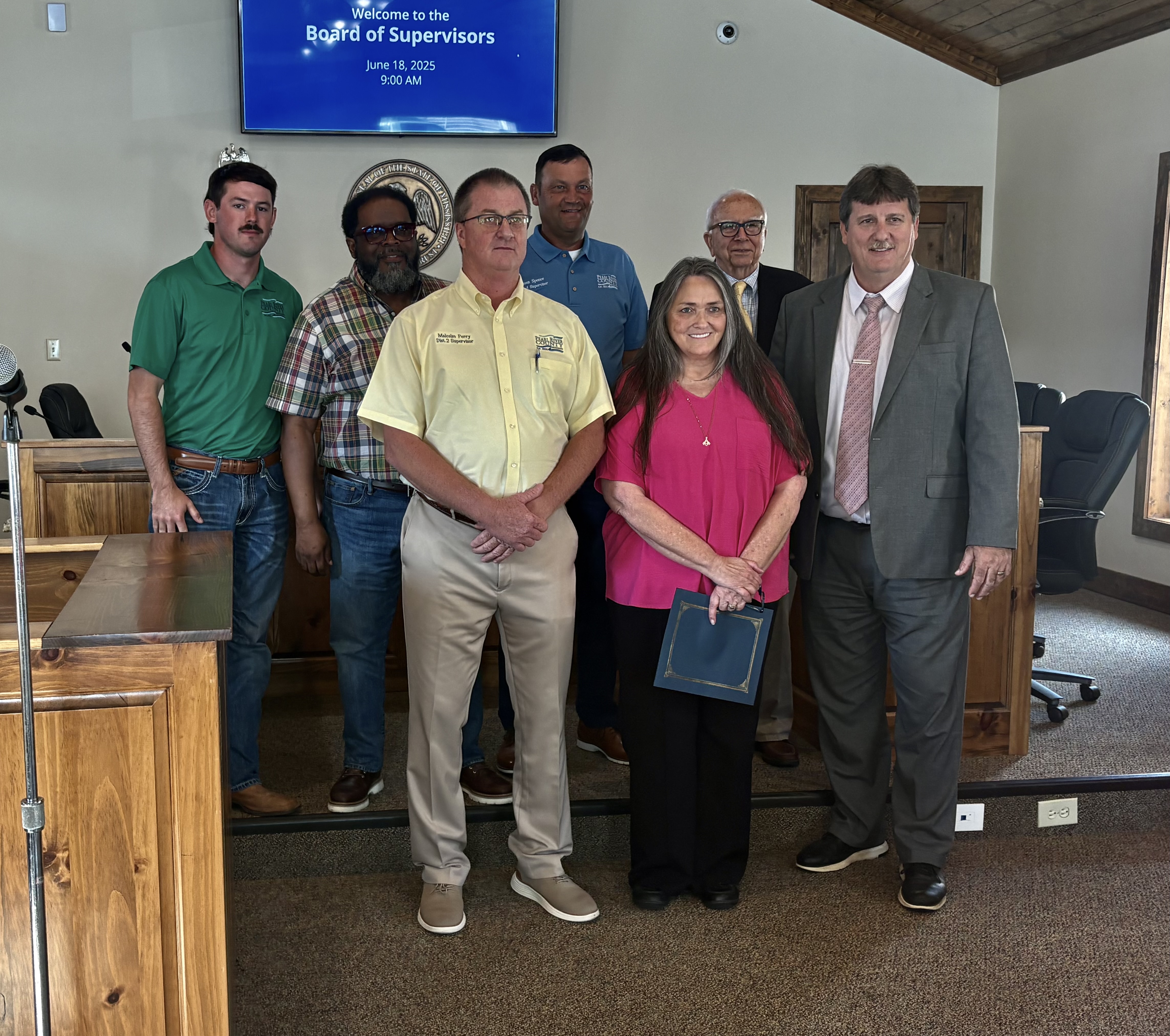‘Decent respect to opinions of mankind’ by killer drones?
Published 1:52 pm Friday, July 23, 2010
When the Obama administration officially declared that an American citizen — Anwar al-Awlaki, a radically influential global preacher of murderous jihad — is on a targeted list to be tracked and killed by CIA pilotless drones, New York Times reporter Scott Shane made a constitutional point that had no discernible impact on Congress or the citizenry at large:
“To eavesdrop on the terrorism suspect, intelligence agencies would have to get a court warrant. But designating him for death … required no judicial review.” (New York Times, May 13)
On June 24, the president’s closest adviser on counterterrorism, John Brennan — a former high-level CIA official who was deeply involved in techniques for interrogating terrorism suspects that ignored the U.S. Torture Act — indicated that more American citizens could become targets of CIA pilotless drones.
In an interview with Washington Times reporter, Eli Lake (June 24), Brennan referred to “dozens of Americans (who) have joined terrorist groups and are posing a threat to the United States.”
Said Brennan: “To me, terrorists should not be able to hide behind their passports and their citizenship, and that includes U.S. citizens, whether they are overseas or whether they are here in the United States. What we need to do is to apply the appropriate tool and the appropriate response.”
Since these instantly decisive drones — unhindered by rules of evidence and pesky defense lawyers — are, as I’ve reported, Obama’s favorite weapon against terrorism, it is very likely that Anwar al-Awlaki will not be the lone American citizen to be obliterated by a Predator or Reaper drone. How many Americans will object?
After all, how many candidates of either party will even mention the drones in the midterm election campaigns? Even the Tea Party legions in their admirable classes on the constitution — while, at rallies and meetings, they hold the founding document in their pockets — have hardly shown concern about the effects of these pilotless drones on our Declaration of Independence’s mandate that we show “a decent respect to the opinions of mankind.”
In those countries — among them, Pakistan, Afghanistan and Yemen — where civilians with no ties to terrorism mourn family members and friends inadvertently killed in the corollary damage of drone attacks — the United States is increasingly reviled and feared while terrorists feed on the natives’ anger to recruit more of them.
Consider the testimony of a Pakistani journalist, Safdar Darwar (General Secretary of the Tribal Union of Journalists), on May 12, a day after a U.S. drone strike killed 24 people in North Waziristan. His story — and that of a worker with the Waziristan Relief Agency that aids victims of drone attacks — is in “Drone and Democracy” by Kathy Kelly and Josh Brollier (commondreams.org, May 18).
The social worker, who did not want his name used, described a drone hit in that area a year ago that killed three people: “Their bodies, carbonized, were fully burned. They could only be identified by their legs and hands. One body was still on fire when he reached there. Then he learned that the charred and mutilated corpses were relatives of his who lived in his village, two men and a boy aged seven or eight. They couldn’t pick up the charred parts in one piece.”
Fifteen minutes after that strike, the social worker continued, there was another, killing the brother of a man killed in the initial strike. He went on: “People will wait several hours after an attack just to be sure,” before they come to help.
Then, the journalist, Safdar Darwar, asked some immediate questions — while, as I shall show next week, more and more drones are being built, including for American skies — challenging our journalists, and, in their sermons, our religious leaders as well as every candidate in the coming midterm elections:
“Who has given the license to kill and in what court? … What kind of democracy is America where people do not ask these questions?”
One man, whom I’ve grown to respect enormously, has been persistently asking questions aimed at the very core of our rule of law — questions ignored by our president, to whom the Constitution is an anachronism. He is Philip Alston, the United Nations special representative on extrajudicial executions.
In a news story on Alston’s report to the U.N. Human Rights Council — he is independent of that slippery group — Charlie Savage of The New York Times was told by Alston that taking the lethal lead of the United States, dozens of countries (as robotic warfare becomes inviting) can carry out “competing drone attacks” on those they label as terrorists outside their borders.
Alston adds that while we the people here are passively complicit as our own country “asserts an ever-expanding entitlement for itself to target individuals across the globe — an ill-defined license to kill without accountability — (this) is not an entitlement which the United States or other states can have without doing grave damage to the rules designed to protect the right to life and prevent extrajudicial executions.”
Starting early in Barack Obama’s presidency, I wrote that he was becoming the most dangerous and destructive president in our history. I was focusing on his multiple suspensions of the Constitution and what became his health care law that rigorously establishes health care rationing, especially for those of us too costly to the government to warrant our continuing to live.
But as he exults in extending and perfecting extrajudicial drone killings, Obama is now a global menace.
Next week: What libertarian John Whitehead calls “Drones over America: Tyranny at Home.”
(Nat Hentoff is a nationally renowned authority on the First Amendment and the Bill of Rights. He is a member of the Reporters Committee for Freedom of the Press, and the Cato Institute, where he is a senior fellow.)





